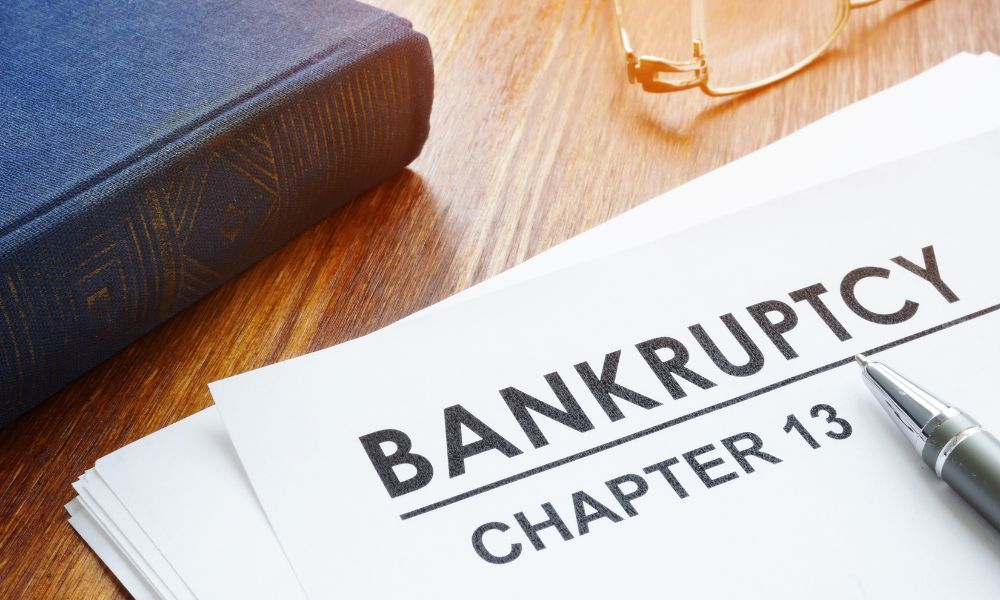
Insurance companies can be difficult to deal with, especially when trying to secure a fair settlement following an accident or other loss. Insurance firms operate like businesses; their goal is often to reduce payouts as much as possible in order to protect their bottom lines. By being well-informed and strategic during negotiations with adjusters, however, you can successfully maximize your settlement amount and negotiate effectively on their behalf. Here are some tips that will assist in making negotiations smoother:
- Understanding the Claims Process
It is crucial that you familiarize yourself with all steps involved in filing and receiving an insurance claim before beginning negotiations. By understanding this process and meeting deadlines effectively, it will keep negotiations organized and manageable.
Review your policy carefully and thoroughly understand its limits of coverage, exclusions and terms that apply to claims in order to effectively represent yourself against insurance companies that might attempt to exploit any knowledge gaps in order to exploit any vulnerabilities they see.
- Collect Evidence
A strong claim is essential when dealing with insurance companies. Your case can become stronger if more documentation is provided as evidence – important documents include:
Accident reports: When it comes to accidents or incidents, official accident reports from police or incident reporting services offer an impartial account of what occurred.
Keep a record of all medical treatments, such as doctor’s visits, diagnoses, treatment plans and medical bills.
Photos and Videos: When taking photographs or videos at the scene of an accident, take pictures or videos showing any injuries sustained and any property damage sustained as evidence for negotiation of settlement agreements. Having visual evidence can be compelling when negotiating settlement offers.
Statements of Witnesses: If possible, try to obtain written statements from witnesses who can offer valuable third-party perspectives that support your claim.
Receipts & Estimates: Save all receipts related to expenses related to an incident, such as repairs for car damages and medical costs, out-of-pocket expenses such as pharmacy visits or any other out of pocket expenses that were related. Also get several estimates for property damage claims if necessary.
- Knowing the Value of Your Claim
Before entering negotiations on your claim, it’s crucial that you know its full value – including economic damages such as medical expenses or lost wages, as well as non-economic ones such as pain and discomfort.
Researching cases like your own can give you a clear idea of the outcomes for similar claims, while consulting an attorney specializing in personal injury can help determine its value. Negotiating knowing your true worth will prevent accepting lowball offers.
- Anticipate Insurance Adjuster Tactics
Insurance adjusters are skilled negotiators working for an insurer that are employed to reduce payouts as much as possible, using various techniques to either decrease the value of your claim or force a low settlement value deal upon you.
Some comon strategies used by individuals include:
Quick Settlements: An adjuster may offer you a quick settlement shortly after an incident in hopes that you accept it without fully comprehending all your injuries or damages.
Refuting Liability: An adjuster might try to prove that the incident was partly or fully your responsibility in order to reduce its settlement amount.
Minimizing Your Injuries They may attempt to downplay or dismiss your injuries or suggest medical care as unnecessary.
Delaying Process: Delay may force you into accepting less generous settlement terms out of frustration or financial necessity.
By understanding these negotiation tactics, you can stay calm and remain focused. Remember that you have every right to not accept an offer made and continue negotiations.
- Create a Demand Letter
A formal demand letter is an official document outlining your claim, from details on what happened and damages suffered to compensation sought – this document sets the stage for negotiation and establishes your legitimacy as a claimant. A well-crafted demand letter sets an important precedent and shows your resolve in taking legal action against anyone with whom you disagree.
Be clear, concise and assertive in your letter of demand. Provide a thorough account of the incident that has transpired with supporting evidence, explaining how you came up with your figure demand – be reasonable but set expectations slightly higher than what they’d be willing to accept, giving room for negotiations later on.
Negotiating with insurers can be a long, drawn-out process. To be effective and remain persistent, don’t become discouraged by initial offers that seem inadequate or delays. Continue being your own advocate and remain ready with additional information or clarification if required.
If the insurer refuses to cooperate or offers an insufficient settlement offer, escalate it immediately by seeking a supervisor review or alternative dispute resolution solutions such as arbitration or mediation.
- Consider Professional Help
It may be in your best interests to seek outside assistance if negotiating a fair settlement is proving challenging, or your case is complex. Attorneys or public adjusters can be invaluable resources when dealing with insurance adjusters; their expert knowledge of their tactics can help get a more favorable settlement for you.
Negotiating with insurers may seem challenging, but if you understand the process and gather compelling evidence while remaining patient, you can maximize your settlement. Don’t forget that you deserve fair compensation; assert yourself. Achieve a fair settlement will allow you to recover from your loss faster.
This article was written by a Bonardi & Uzdavinis professional. Our primary areas of practice include st. petersburg foreclosure lawyer, probate, personal injury, construction, and commercial litigation. Our main areas of practice are st. We are a St. Petersburg foreclosure lawyer. Our practice includes probate, personal injuries, construction and commercial litigation. Contact us for a free case evaluation if you need a personal injury or real estate attorney in Tampa Bay.




